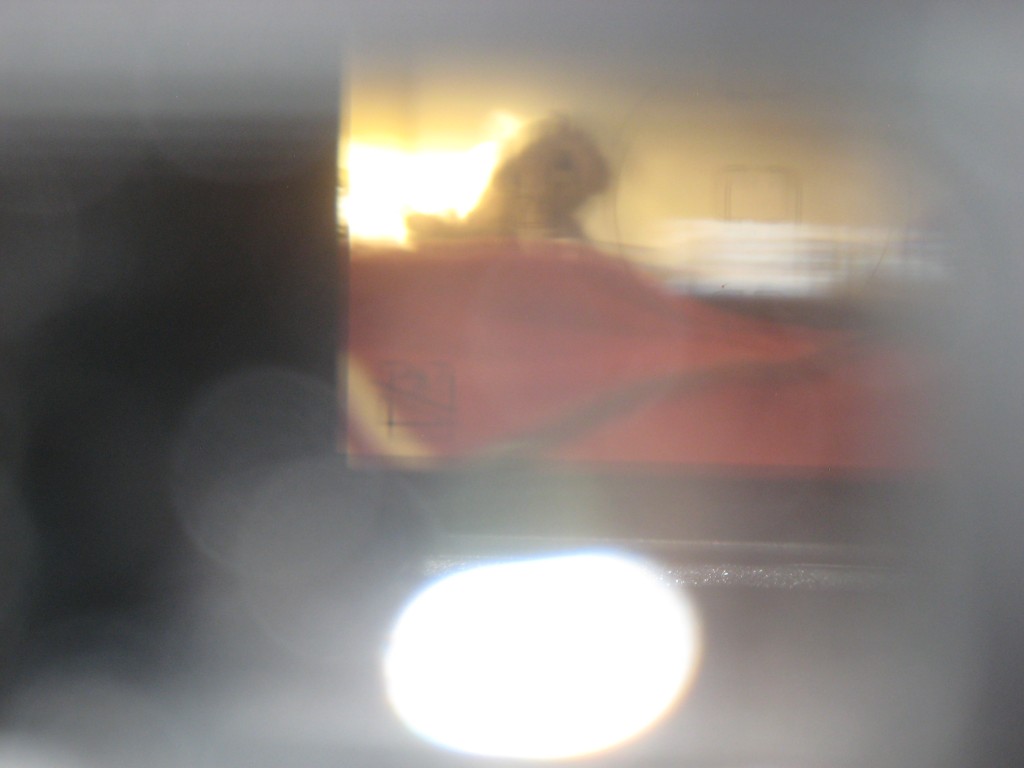Valentine’s Day, with its often-saccharine greeting card verses and glossy commercial sentiments (not to mention its frequent misquotations of everyone from Shakespeare to Emily Dickinson), is at hand once again, and what better time of year than to give that tricky (and oft-abused) specimen—the love poem—a subversive spin? I’m not talking about writing penny dreadfuls or anguished emo laments (we are not Death Cab for Cutie here). I’m talking about defying expectation completely with regards to what a “love poem” is and/or should be. In a sense, the love poem (as it is known in contemporary popular culture) is very much akin to the ode, in that the tone and subject matter of its address tends to elevate the “you” with the use of high language and often ornate imagery. The purpose of the exercises that follow are to invite you to write against this sense of elevation while still retaining, in some way, at least a loose engagement with the intimacy, tenderness, or intensity of the close gaze in which the speaker of a love poem might hold the object of his or her affection. To, in short, write against and across cliché and into something that is bold, surprising, and new.
Prompt: Write an “unromantic” love poem. Some ideas:
